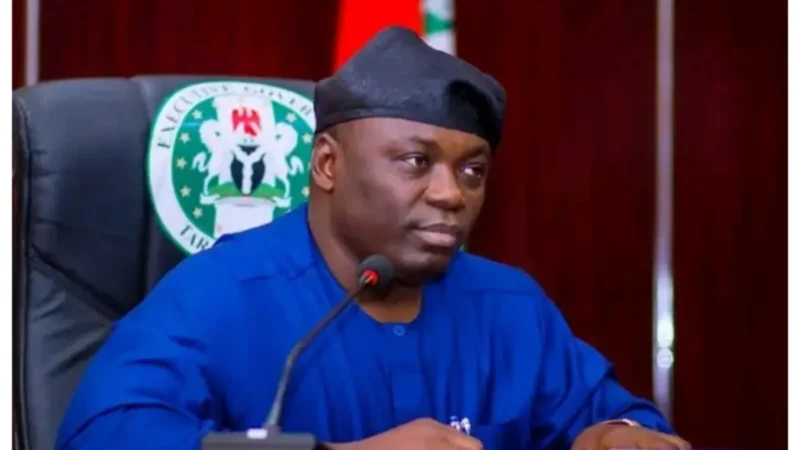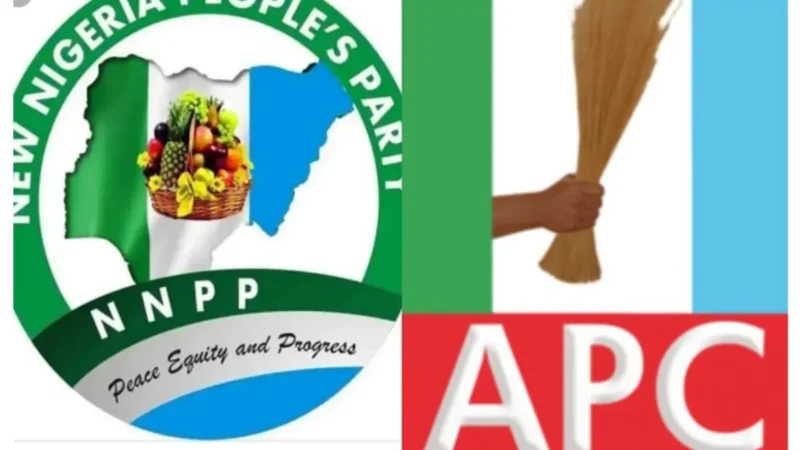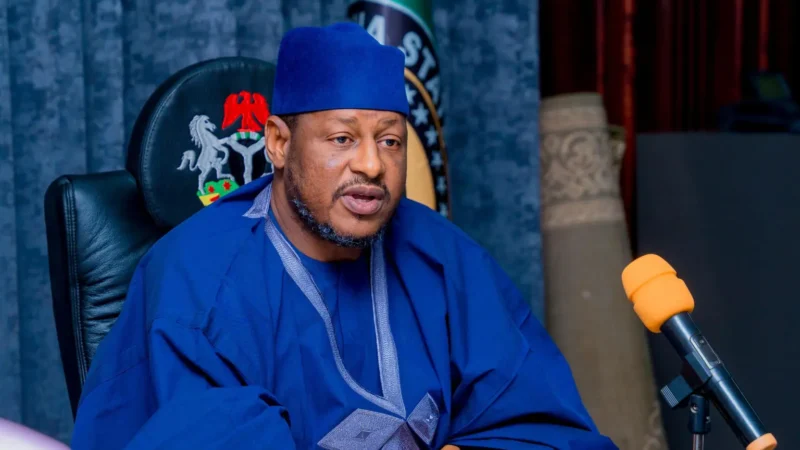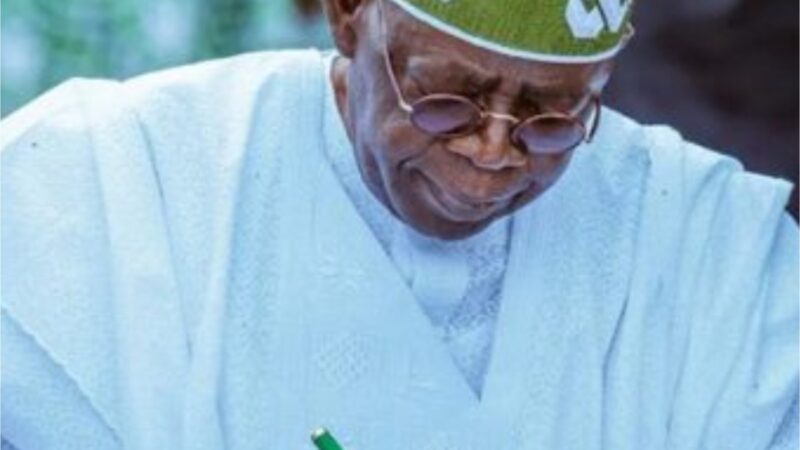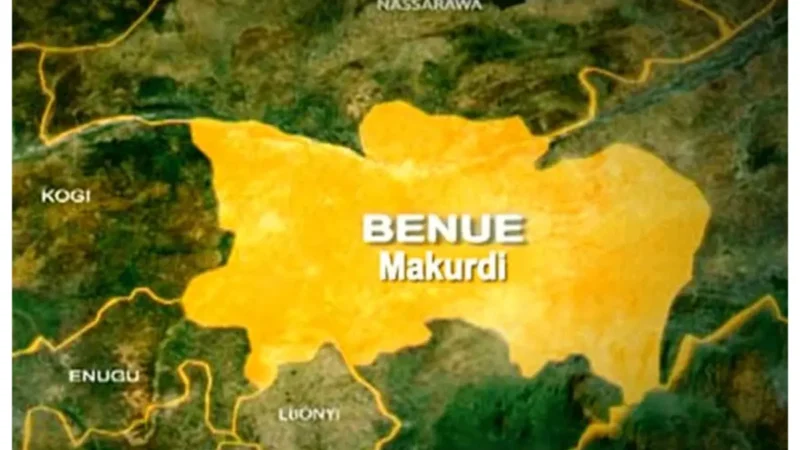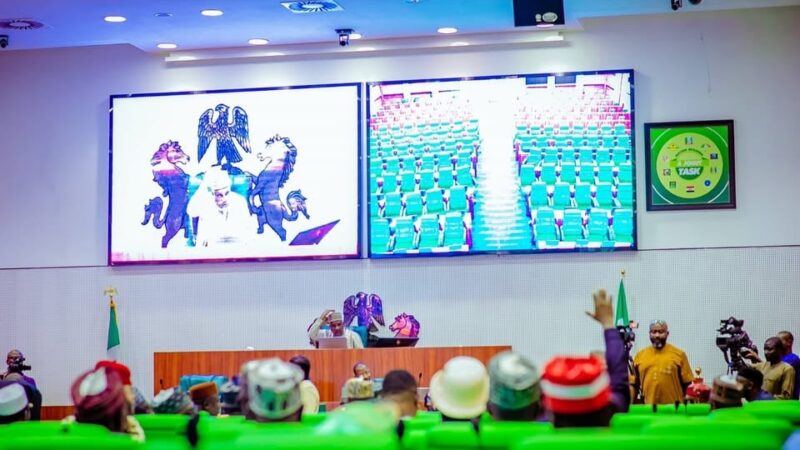Carbon Credits: Capt. Enisuoh X-rays Niger Delta’s Potential at Addressing Challenges of Emission

A leading carbon credit expert in Nigeria, Captain Warredi Enisuoh, has highlighted Niger Delta’s potential contribution towards combating climate change through biological sequestration of greenhouse gas emissions.
This is in view of the 2024 United Nations Climate Change Conference (COP) 29 ongoing in Baku, Azerbaijan.
Speaking on Arise Television programme recently, Enisuoh, the Executive Director, Operations and Technical Services at Tantita Security Services Nigeria Ltd (TSSNL) spoke glowingly on the potential of the Niger Delta in the face of environmental degradation from continued oil exploration, and also the issue of Nigeria’s struggle with waste management, particularly e-waste.
According to Enisuoh, it has become imperative that all hands are on deck to take advantage of the opportunities provided by Carbon Credits to address the challenges of emission.
“If you take a flight over the Niger Delta, you will definitely see from the skies that some areas on the ground, in fact, waste management and things like this are quite a bit of a problem. That is number one. Number two, also, some areas have been badly devastated by oil and gas exploration.
“So, at the moment, what we are trying to do is to be able to correlate images, both thermal and colour images, on how we can best utilise these particular areas.
“In fact, some areas are very, very bad and the communities have had to evacuate because of the high level of carcinogens in the area. So yes, there’s going to be a cleanup plan.
“There’s also going to be a plan to educate the communities. So we’re not only talking to those who know. We are also coming up with projects to enlighten the communities” he stated.
Continuing, Enisuoh disclosed that plans are in the pipeline to partner relevant government agencies and stakeholders to achieve the desired result.
He also highlighted the importance of data.
“If you don’t have the capacity to obtain data, it’s going to be very, very difficult. And that’s why we have partnered some companies like, you know, Oxytane, which also the government is working with.
“At the moment, they are partners with the government when it comes to carbon credits and here and there.
“We’ve partnered them because one of the things we have to do is first to prove ownership of the area that has the capacity to work on this biological sequestration. So that’s number one.
“Number two, you have to get data on the biological assets, the number of assets you have and the type of assets you have so that it will be able to be portrayed as, you know, portrayed as your ability to be able to, or your sequestration process.
“And then you have to register your sequestration process in the carbon credit registry. So we got quite a fair way to go.
“But if you look to my left and right, you will see that we got drones that we normally use to obtain a lot of this data, which we are planning to exchange with the companies that have the capacity to manage this data, keep this data, so that we’ll be able to convert this data to monies for the communities. But we still got a fair bit to do.
“And that’s why we are here to talk to you so that the wider public knows that we have the potential to come together, work together with the government, both at state, local and federal level, to make sure that these things work.
“Because this is a second chance for Africa to key into participating with the developed world in achieving something. Because I mean, we kind of missed out on the industrial age, but we don’t want to miss out on the future age,” he advanced.
He expressed the readiness of his organisation to work with the relevant organisation.
His words: “We have to work with National Environmental Standards And Regulations Enforcement Agency (NESREA), the environmental people that are in charge of all of this, to NOSDRA, to even the Nigerian Climate Change Commission and all of that, then the Boundary Commission.
“So, there is still a lot of work to do. We are just around with the, if I may put it this way, the technical capacity to be able to support the necessary governmental agencies to achieve this.
“And I think it is achievable because the current government is taking this very, very seriously. And that is why I believe they have a boot in Azerbaijan, as we speak.”


